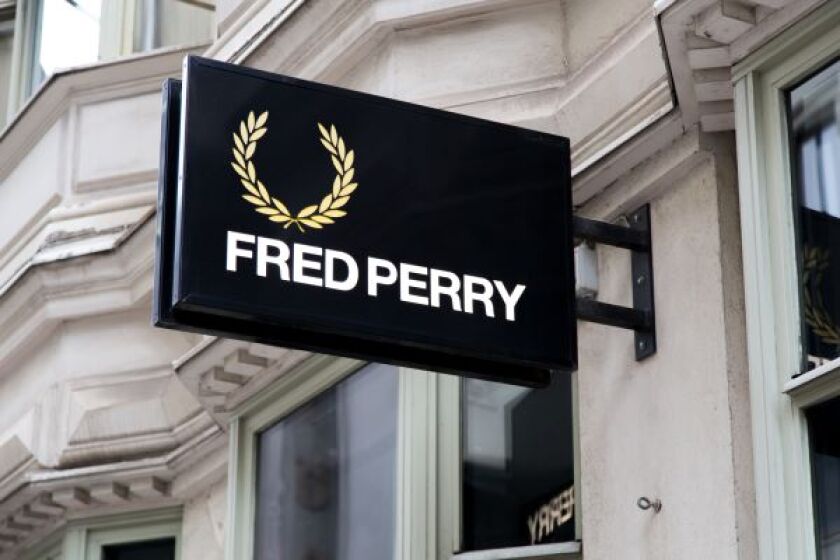As a Fred Perry fan, I was disappointed to see that the fashion brand has been defeated – for now, at least – by a detestable US far-right group called the Proud Boys.
Last week the company issued a strongly worded statement disassociating itself from the group, which has appropriated the brand’s famous black-and-yellow polo shirt and “subverted our laurel wreath to their own ends”. It has discontinued sales in the US and Canada until that association has ended.
For any brand, this represents a living nightmare – losing control of their (intellectual property) assets.
I’ll admit that I was blissfully unware of the Proud Boys until I wrote this article. However, it doesn’t take much internet browsing to realise why they are so controversial. Apparently started as a joke, they are no laughing matter now – with allegations of racism, misogyny and violence being levelled against them. They even cropped up in last night’s presidential debate between Donald Trump and Joe Biden.
What’s unclear is how it came to this. Like many fashion brands, Fred Perry is not shy of enforcing its IP rights, and the company said in its statement that it’s working to pursue any unlawful use of its brand. However, whether through lax policing, lack of clear infringement or something else entirely, the company has found itself having to halt sales and, sadly, appearing defeated.
Fred Perry is certainly not the first fashion company to fall victim to its own success. Back in the early 2000s, another British brand, Burberry, had an almighty fall from grace after becoming associated with undesirable elements of society. The company famously recovered, in part because it repurchased licences from firms that had used its check pattern on a wide range of often unrelated goods, including disposable nappies for dogs.
There are parallels with Fred Perry’s experience, and the company may take solace in some of Burberry’s other winning strategies. After its checked baseball caps became donned widely by British football hooligans and other undesirables, Burberry removed them from sale altogether. However, this was part of a much wider rebrand, something which Fred Perry may not wish to undertake.
For Fred Perry, the danger is waiting too long to take action. All trademark owners know that they must use their rights to avoid losing them and that active enforcement is crucial. Burberry itself understands this all too well – in 2013, China’s trademark office cancelled a mark for the brand’s signature pattern because of non-use.
Which brings us back to Proud Boys: why is it that they have been able to force Fred Perry’s hand? It seems possible that despite its best enforcement efforts to date, Fred Perry has been met with resistance. There is also the practical matter of how Fred Perry could force the group’s members to stop wearing its polo shirts. At least several major platforms including Amazon and Shopify have banned the Proud Boys from selling merchandise on their sites.
It is also possible, of course, that Fred Perry is just taking a timeout while it fortifies its legal case against the group. Most people would certainly hope so, although it is still unclear what solid grounds Fred Perry could rely on. Would it claim trademark infringement based on confusion, or perhaps dilution would be a stronger case? Amid the murkiness, two things seem clear: Fred Perry won’t be able to wait forever, and brands should take note of how easily their assets can be taken.











